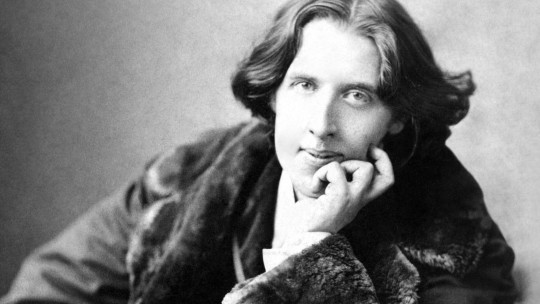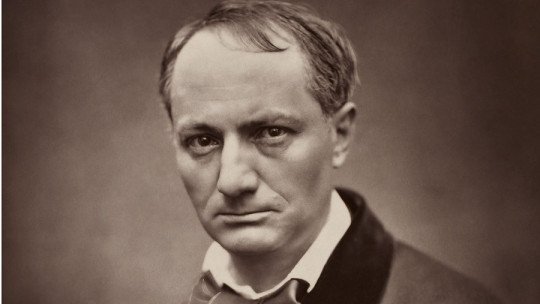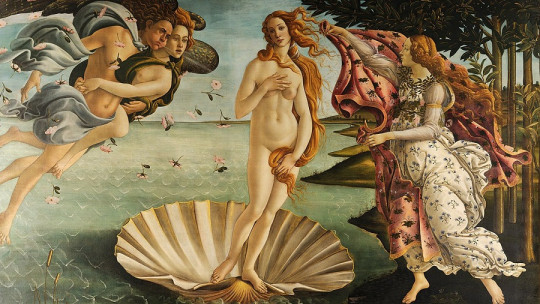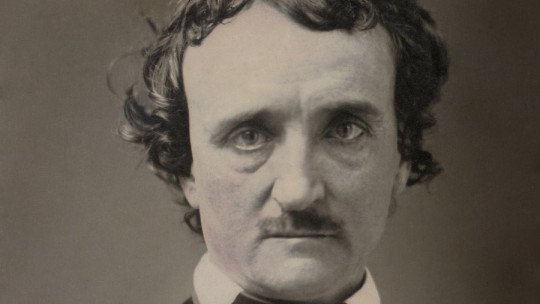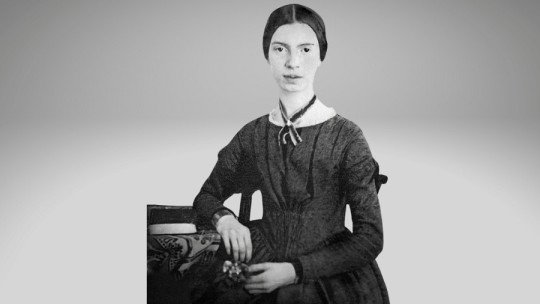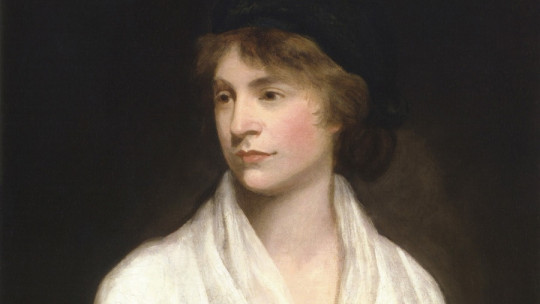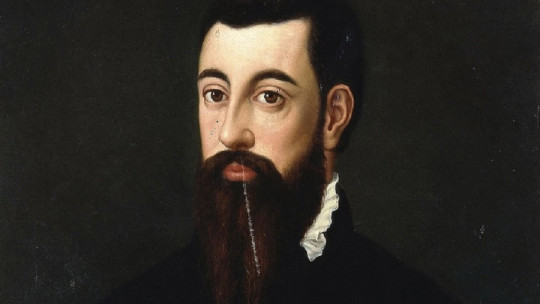The poetry of Gustavo Adolfo Bécquer has been recognized as one of the most representative in Hispanic literature. It is characterized by short rhymes with an intimate tone, and the content by contradictions and themes that range from sleep, reason and women, to the popular and aristocracy.
In this article We will see several of the best poems by Gustavo Adolfo Bécquer , one of the most important Spanish poets. And at the end, we explain to you what the characteristics of his poetry are.
15 poems by Gustavo Adolfo Bécquer
Gustavo Adolfo Bécquer was born in Seville in 1836 and died in the same city, at the age of 34, in 1870 due to tuberculosis. His posthumous work, located in romanticism, has become one of the most representative of Spanish literature. In addition, The influence of this poet crossed the limits of literature to also place himself in painting, since he was an excellent draftsman, which was recovered by later artistic criticism.
His most recognized work is Rhymes and Legends which is a compilation of his poems and stories. Currently, the latter is considered one of the classic and obligatory works in Hispanic literature. Below we will see some of the most popular rhymes of Gustavo Adolfo Bécquer.
1. Rhyme I
I know a giant and strange hymn
that announces a dawn in the night of the soul,
and these pages are from this hymn
cadences that the air dilates in the shadows.
I would like to write it, about the man
taming the rebellious, petty language,
with words that were at the same time
sighs and laughter, colors and notes.
But it is in vain to fight; that there is no figure
capable of locking him up, and barely oh beautiful!
Yes, having yours in my hands
I could, in your ear, sing it to you alone.
2. Rhyme II
I have looked into the deep chasms
of the earth and the sky,
and I have seen the end or with my eyes
or with thought.
But alas! with one heart I reached the abyss
and I bowed for a moment,
and my soul and my eyes were troubled:
It was so deep and so black!
3. Rhyme III
In the key of the ill-safe arch
whose stones time turned red,
rough chisel work campeaba
the gothic blazon.
Plume of his granite helmet,
the ivy that hung around
gave shade to the shield on which a hand
I had a heart.
To contemplate him in the deserted square
We both stopped.
And that, he told me, is the complete emblem
of my constant love.
Oh, what he told me then is true:
truth that the heart
you will carry it in your hand… anywhere…
but not in the chest.
4. Rhyme VII
From the hall in the dark corner,
of its perhaps forgotten owner,
silent and covered in dust,
the harp was seen.
How many notes slept on its strings,
like the bird sleeps in the branches,
waiting for the hand of snow
who knows how to tear them off!
Oh, I thought; how many times the genius
so it sleeps in the depths of the soul,
and a voice like Lazarus waits
to tell him “Get up and walk”!
5. Rhyme IX
Kiss the aura that moans softly
the slight waves that play curl;
the sun kisses the cloud in the west
and shades it with purple and gold;
the flame around the burning trunk
by kissing another flame it slides;
and even the willow, bowing to its weight,
To the river that kisses him, a kiss returns.
- Example of a scene description attributing human characters to different inanimate elements
6. Rhyme
The invisible atoms of the air
around them they throb and swell;
the sky dissolves in rays of gold;
the earth trembles with joy;
I hear floating on waves of harmony
rumor of kisses and flapping of wings; my eyelids close… What’s happening? –
It’s love that happens!
- Various sensations related to the way in which Gustavo Adolfo Bécquer experiences love
7. Rhyme XIV
Sometimes I find her in the world
and passes by me
and he passes by smiling and I say
How can you laugh?
Then another smile appears on my lip
pain mask,
and then I think: -Perhaps she laughs,
how I laugh.
- This is one of Gustavo Adolfo Bécquer’s poems that are based on the simplicity of a single anecdote.
8. Rhyme XVI
When they told me I felt the cold
of a steel blade in the gut,
I leaned against the wall, and for a moment
I lost consciousness of where I was.
The night fell on my spirit
in anger and in pity the soul was flooded
and then I understood why people cry!
and then I understood why one kills!
The cloud of pain passed… with sorrow
I managed to stammer a few short words…
Who gave me the news?… A faithful friend…
He did me a great favor… I thanked him.
- About the arrival of unfortunate news.
9. Rhyme XXI
What is poetry?, you say while you nail
in my pupil your blue pupil.
What is poetry! And you ask me?
You are poetry.
- One of Gustavo Adolfo Bécquer’s most famous and memorable poems.
10. Rhyme XXIII
For a look, a world,
for a smile, a sky,
for a kiss… I don’t know
What would I give you for a kiss?
- Passion is one of the recurring themes of this artist.
11. Rhyme XXX
A tear appeared in his eyes
and… my lip a phrase of forgiveness;
pride spoke and wiped away a cry,
and the phrase on my lip expired.
I go one way, she another;
But when I think of our mutual love,
I still say: Why was I silent that day?
And she will say: Why didn’t I cry?
It is a matter of words, and yet
neither you nor I ever,
after what happened we will agree
Who is to blame?
Too bad you love a dictionary
have nowhere to find
when pride is just pride
and when is it dignity!
About a breakup.
You may be interested: “The 5 problems of love breakups, and how to deal with them”
12. Rhyme XXXVIII
Sighs are air and go to the air.
Tears are water and go to the sea.
Tell me, woman, when love is forgotten,
do you know where it’s going?
- About the truthfulness of past loves.
13. Rhyme L
What the savage who with a clumsy hand
he makes a god out of a log at his whim
and then before his work he kneels,
That’s what you and I did.
We gave real shapes to a ghost,
of the mind’s ridiculous invention,
and once the idol is done, we sacrifice
on his altar our love.
- Another of the poems dedicated to heartbreak that this poet wrote throughout his life.
14. Rhyme LII
Giant waves that break roaring
on the deserted and remote beaches,
wrapped between the sheet of foam,
Take me with you!
Hurricane gusts that you snatch
From the high forest the withered leaves,
dragged in the blind whirlwind,
Take me with you!
Storm clouds that lightning breaks
and in fire you decorate the detached borders,
caught in the dark mist,
Take me with you!
Take me out of mercy to where the vertigo
with reason it tears my memory.
For mercy! I’m afraid to stay
with my pain alone!
- About the vertigo that loneliness produces in certain circumstances.
15. Rhyme XVI
If by rocking the blue bells
from your balcony,
you think that sighing the wind passes
gossip,
knows that hidden among the green leaves
I sigh.
Yes, when it resonates confusingly behind your back
vague rumor,
you think he called you by your name
distant voice,
knows that among the shadows that surround you
I’ll call you.
If you are disturbed and fearful in the late night
your heart,
when you feel a breath on your lips
burning,
knows that although invisible next to you
I breathe.
- About memories that can come to haunt us.
Characteristics of the poetry of Gustavo Adolfo Bécquer
As a poet strongly linked to Spanish Romanticism, Bécquer starts from the idea that the most sublime aspects of art come from the need to express emotions and get in touch with the mysteries of life , the most transcendental themes and linked to the subjectivity of each one. Therefore, in this artist’s verses it is noticeable that there is no need to rationalize the ideas that arise in his mind, nor a desire to “domesticate” feelings to make them fit into society.
This author prefers to express himself through simplicity and the desire to get closer to nature and the animal side of the human being; He wants to create timeless verses that can be appreciated at any time because they address universal themes from the search for an ideal of beauty. Furthermore, Bécquer’s short poems are the most representative and common of his work, because he tends to avoid being too long to offer an intense torrent of emotions while maintaining a good rhythm.


